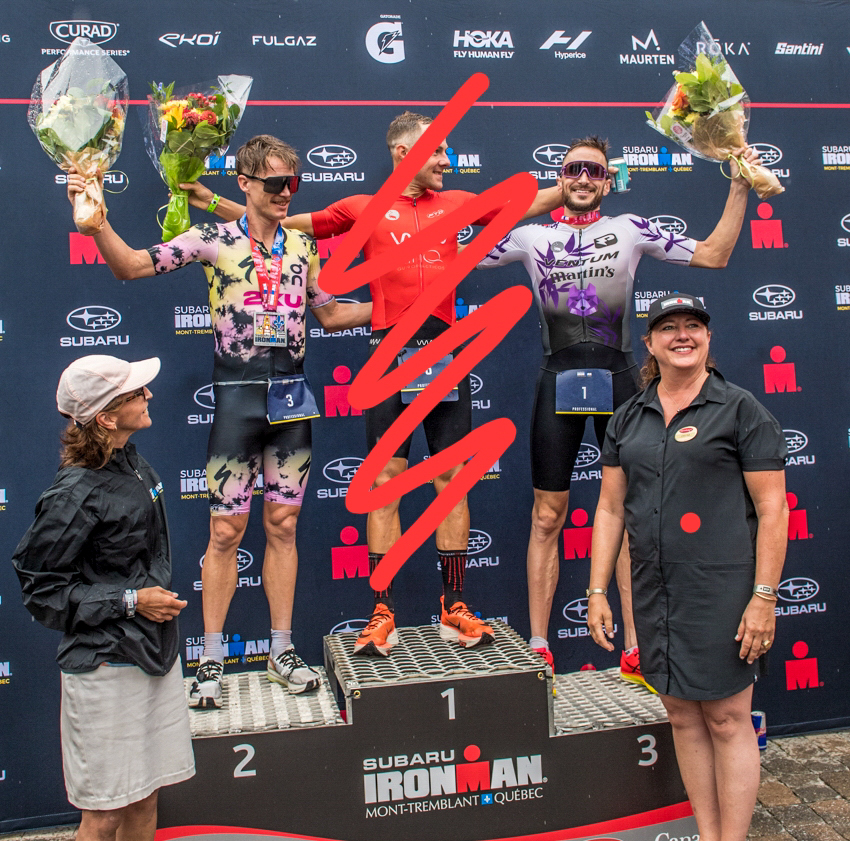In the summer of 2022, I forfeited podium results and income to a pair of cheaters: Collin Chartier and Tomas Rodriguez Hernandez. Both went on to be at the center of two of the most notorious doping cases in triathlon.
Collin’s saga is old news. He got popped for erythropoietin (EPO) a few months after his two breakthrough wins at IRONMAN Mont-Tremblant and the PTO US Open in 2022. Following an unsatisfactory apology and a highly suspect accounting of events, he’s apparently left the sport for good. Those two results still stand since his conviction did not give organizations the authority to retroactively strip them.
Tomas tested positive for clomiphene at IRONMAN Texas in April and is provisionally suspended while his case is heard. He maintains his innocence and has trotted out the tainted animal product defence. I’m glad that athletes are innocent until proven guilty, glad that there is due process, and hopeful that the truth will prevail.
My brush with both of these disgraced athletes forced me to reflect on the state of anti-doping, the nature of sport and my own motivations like never before.
A Tale of Two Cheaters
You can learn a lot about an athlete’s character by how they behave when the officials aren’t watching. The same defects in character that can lead an athlete to dope can manifest in other ways. Nonetheless, some convicted drug cheats have been, by all accounts, the kindest people.
I had Tomas’ number two years ago. I had a front row seat as he egregiously cheated by drafting almost the entire ride at 70.3 Mont Tremblant. Several other athletes and I from that front pack protested with the head official following the race. Unfortunately, there was no recourse since there hadn’t been an official with our pack to observe the violations.
I didn’t congratulate Tomas after the race. He finished 2nd, ahead of my best friend and me, depriving us of a Canadian podium sweep. All I could do was seethe as some fans accused me of poor sportsmanship. This year, I watched with a sense of dread as Tomas outran Patrick Lange, arguably the greatest IRONMAN runner, to shatter the course record in Texas.
I also spent hours racing neck and neck with Collin. I sat with him at the pro briefing, made friendly banter and earnestly answered his questions about the race that I had won twice. I celebrated with him on the podium. I had misgivings after his shocking US Open win, but as I’ll discuss, you can’t dwell on such doubts.
The Untold Harm of Doping
The most apparent victims of doping are the runners-up deprived of their winning moment, like Josh Amberger, Magnus Ditlev and Patrick Lange. But doping cuts much deeper.
I can measure the damage these cheaters did to me in dollars. My financial hit was over $10,000 in lost prize money and bonuses that summer, plus some hypothetical gains from exposure. That still doesn’t begin to capture the insidious and unquantifiable toll.
In order to dedicate myself to the grind of pro triathlon, I have to insulate myself in a bubble of naivety about doping. Part of me has always known that I’m rubbing shoulders with dopers on the start line of every race. But it’s too soul-crushing to dwell on. It would be impossible to continue while incessantly wondering if everyone better than me is for real.
Cases like these two pierce my cloak of cognitive dissonance. They force me to confront the reality that doping is not only present in triathlon, but perhaps even pervasive. It leaves me heavyhearted, cynical and bitter.
Along with other clean pros, I find a way to forge ahead. I drown out the noise. I focus on what I can control. But I wonder how many others have washed out of the sport due to their doubts or their stolen opportunities? How many have fallen short of their potential?
Doping also rocks the credibility of clean athletes and the entire sport. The choices of individual athletes can tarnish an entire community. I’ve lost all interest in following pro cycling due to that sport’s sordid history. I wouldn’t fault triathlon fans for having doubts.
My Top 5 Anti-Doping Policy Recommendations
These two cases uphold that anti-doping in triathlon is at least somewhat functional. Even so, there are some glaring gaps. I’ll end with my anti-doping policy wishlist. These are hardly original ideas and have been echoed for years by other pro athletes.
1. Institute lifetime bans for a top tier of doping offences (such as “non-specified substances” as defined by WADA)
2. Retroactively strip dopers of results for a period of time before the conviction (at least the season’s results)
3. Expand Registered Testing Pool (RTP) and whereabouts to more elite triathletes (I’ve never been in a RTP and only been sparsely tested throughout my career, even after my breakthrough 2018 season when I won my first two IRONMANs and three other 70.3s.)
4. Allow, encourage and provide resources for organizations and competitors to pursue both criminal and civil fraud cases against convicted dopers
5. Make public all Therapeutic Use Exemptions to shed light on the exploitation of this system
Finally, the community needs to allow a more open discussion about anomalous performances and progression. People should be able to respectfully express skepticism without being branded a jealous loser, a hater, a racist or a defamer.







